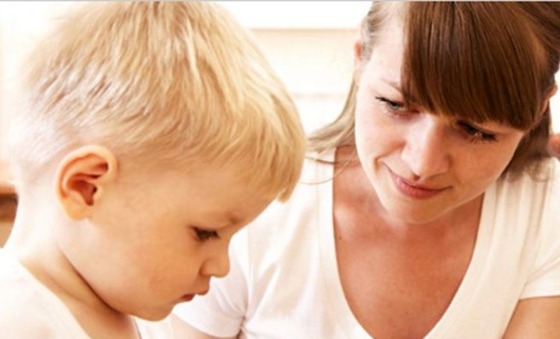As our beloved nation is going through some pretty rough times with the news and images of violence everywhere in the media, especially when it’s live, and you’re living near the sad events and chaos, it becomes even more difficult to protect the little ones from the horrid events.
An alarming question comes to all of our minds, how do we explain such acts of terror and violence to little kids? Whether they’re your own kids, or little siblings, relatives or neighbors, it is our duty as adults to comfort them and try to simplify the matter to their little perspective.
One of the most important things to do to protect your child from psychological traumas, he/she might be prone to is to avoid repeated viewing of the media coverage especially on TV. Sit together with your kids when they’re watching the news, to be prepared to cope with any reaction they might have.
Preschool children tend to personalize their fears and mix reality with their fantasy fears, which makes it difficult to assume what they might be afraid of. They could be reluctant to share their fears, that’s why parents should look for any clues that might indicate a problem especially physical ones, such as nightmares, bed wetting, fear of leaving the house or refusing to go to a daycare. Such alarming signs, needs the parents’ attention and professional help might be needed.
Primary and preparatory school children nowadays might seem immune to such violent scenes due to the wide spread of video games and action movies. Their fear is much less and is usually directed towards a person: a family member who might be involved in one way or another in the clashes, especially if they were close ones.
So, a dialogue is preferred in simple words and according to what they ask about and not the whole picture. High schoolers and late teens seem to be more interested in the politics behind the clashes and again a dialogue is crucial. Listen to their questions and give unbiased answers. Do not be tempted to force your political perspective on him/her, especially in such a delicate age. Let him/her make their own mind about the events as long as you could control the sources of information they have access to so they don’t get mislead.
When explaining to your children what is going on avoid stereotyping, racist remarks, or hate speeches. It’s a great opportunity to teach your children than about love, compassion, praying and other religious values, you want them rooted in their hearts.
You could teach them about the red crescent foundation efforts, blood donation, the charitable efforts by NGOs, to send supplies and medical aids to the wounded and so on.
As much as you would like, you cannot separate your child from the hate in the outside world, so when asked the tough questions about why do Muslims kill other Muslims or burn christians churches, it should be made very clear how these groups of people believe their actions are justified but they are wrong. Religion was never about violence, and don’t forget to aid your answer with good examples that you see fit and convincing for your child.
In the tragic event of having a loss in your family, your child should be informed, calmed and reassured without having to deal with the details of the loss. It’s another opportunity to have the talk about God, the heaven and religious rituals you see fit hi/her age.
Every child’s response to the horrific events of killing and terror is unique and unexpected. All you have to do as a parent is to be prepared, honest and reassuring.
God bless Egypt, may we all be safe.



